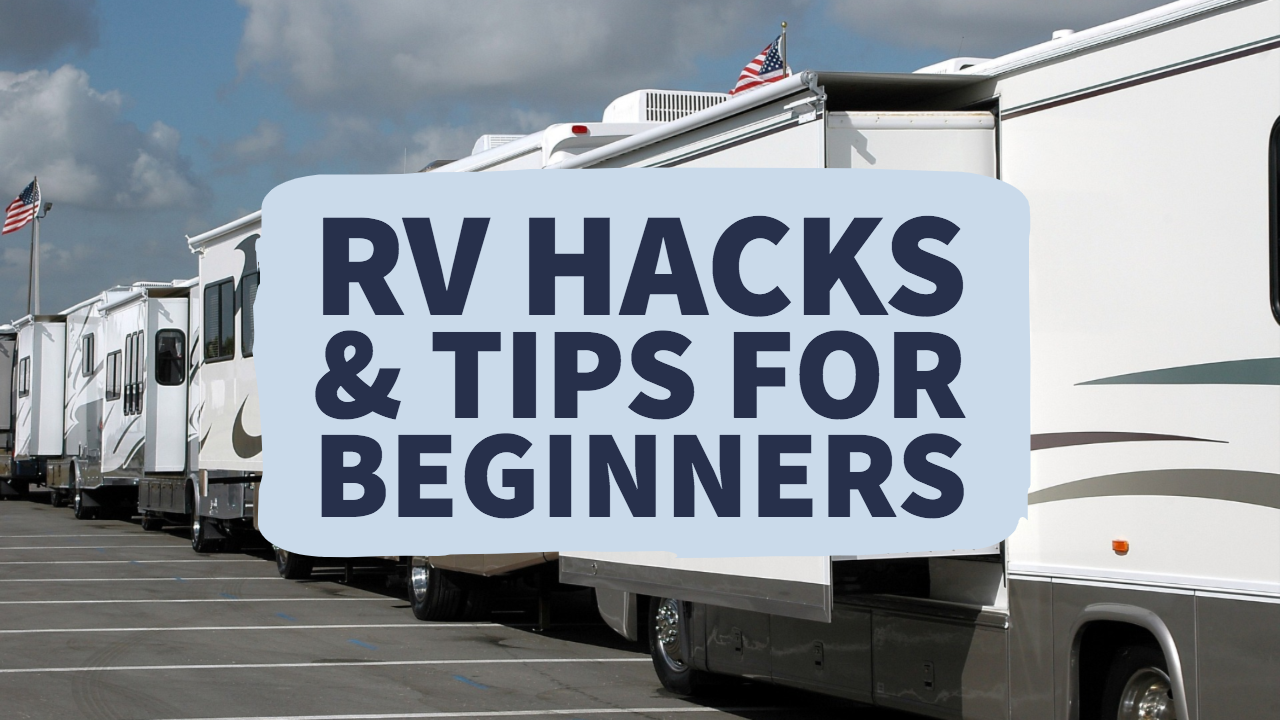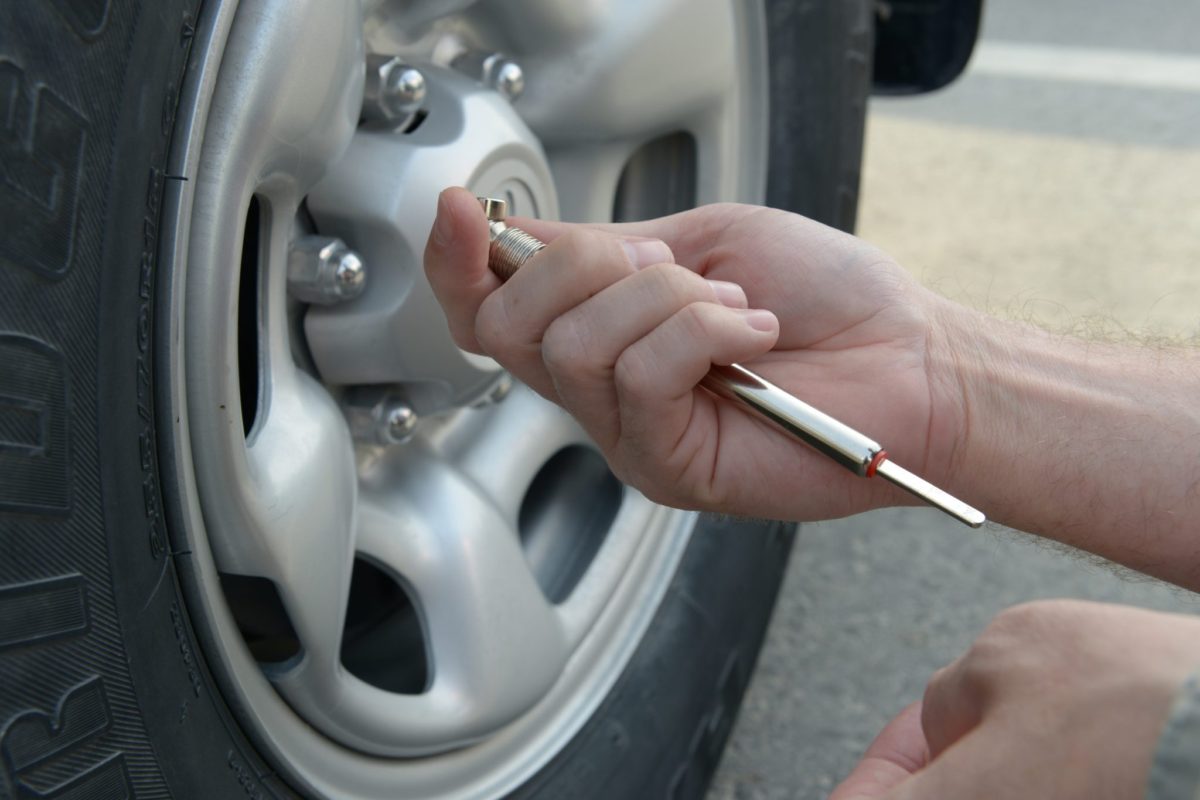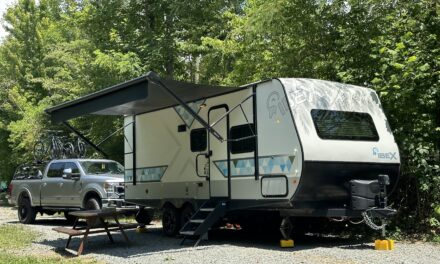By Luca Sumberac, Category Manager at CAMPERiD.com
Now that summer is officially here, it’s time for road trips, new destinations, and outdoor adventures. Even if you’ve de-winterized your RV, and been out on short weekend trips you’ll want to do some basic summer maintenance checks.
If you haven’t de-winterized your RV, you’ll want to do that first.
Summer RV Maintenance
Check your Water Tanks and Water System:
Flush out your fresh-water system to ensure you aren’t drinking water that may have been sitting in the tank since your last trip.
Consider using this opportunity to sanitize your water system and check for any leaks. Make sure your water systems and plumbing are operating properly by turning on the water pump to pressurize the water system.
Test Electric & LP Gas Systems:
Plug into a shore power source to test out your electric systems and appliances. While doing this, it’s also a good time to test out your LP gas system. All LP appliances should be turned off and the gas leak detector should be turned on during the test, Open the valves on the propane tanks and smell for any leaks. If all is well, test the appliances next by lighting the stovetop burner to fill the LP lines and continuing to light all the other appliances. Test your electrical and propane water heater. If you spot any issues, be sure to address them with an RV tech before traveling.
Cleaning & Tidying Up:
Now is a great time to give your RV a good clean before loading up all your gear. This will also give you a chance to address any cosmetic issues or add a few storage items to the inside of the RV.
Carbon Monoxide & Smoke Detectors:
Even if you did this during the de-winterization process, do it again. Test all carbon monoxide and smoke detectors and change any batteries. In addition, be sure to double-check that the fire extinguisher is still full.
Check your batteries:
Before leaving for a long trip, it’s important to check the batteries. While disconnected from shore power, recharge your batteries and check battery fluid levels to avoid any potential stalls or delays. It’s also recommended to clean any corroded terminals, connections, and battery trays with hot water and baking soda.
Tires:
One of the most important steps before a long road trip is tire maintenance. Make sure your lugs are torqued to spec, your treads look good, sidewalls aren’t cracked, and your tire pressure is at its optimal level based on the manufacturer’s recommendation. Don’t forget to check the spare as well
Fluids:
Ensuring proper fluid levels should be a top priority if you own a motorhome. For a safe trip, check all fluid levels including oil, coolant, transmission & windshield wiper fluids.
Exterior Check:
Check all seams and caulking on the exterior of your RV/Trailer, including the roof, vents, air conditioners, doors, and windows, to ensure there are no leaks or gaps. If you notice a hole or that a seam is leaking, correct the issue with sealant. If you have solar, give them a good wipe down. You’ll be amazed at how dirty they get even after a couple of short trips.
If you’re not comfortable doing any of this yourself, please consult a professional. Never climb around on your RV if this isn’t something you feel safe doing.
Generator:
Before giving your generator a test start, check the exhaust system for any damage. If it doesn’t start, there most likely is not enough fuel in the lines. Inspect the oil level and add additional fuel as needed to make sure you can get it up and running. This can mean different things depending on your generator (prime feature vs no prime feature) and the suggested intervals in the owner manual.
Waste Tank and Sewer Hoses:
It’s important to inspect all of your sewer hoses and make sure there are no cracks or holes before use to avoid a potentially messy experience. You’ll also want to inspect your waste tank to ensure the valve properly opens and closes. If it’s difficult to open, you will likely need valve lube to loosen it up. We also recommend a secondary valve to ensure no surprise leaks.







